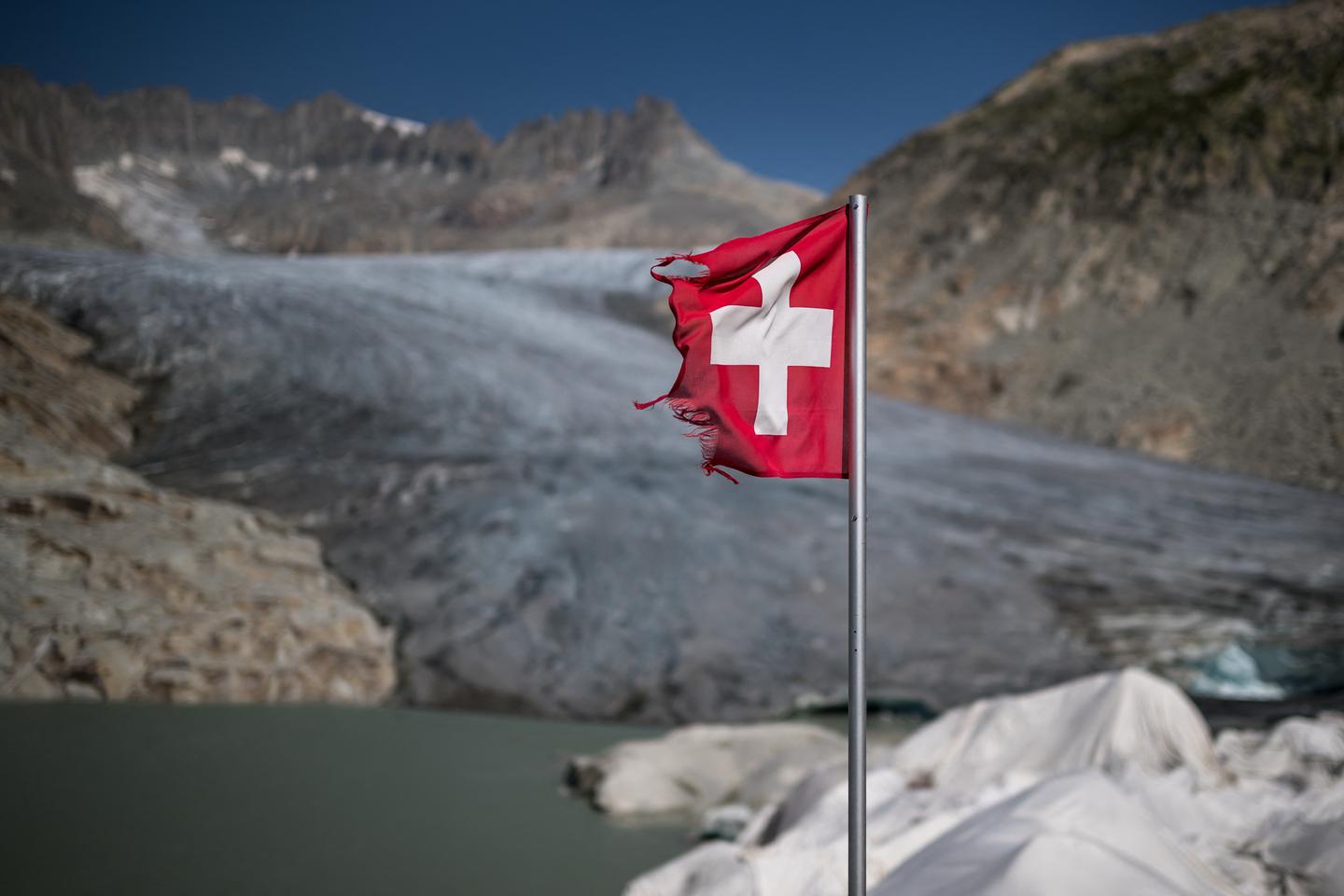


Is a "creeping rapprochement" with NATO underway, something that has been so frequently decried by Switzerland's largest party − the nationalist and sovereigntist Swiss People's Party (SVP) − which expressed its outrage at watching Swiss neutrality take a more pragmatic turn? Or has nothing really changed, as centrist Defense Minister Viola Amherd has ostensibly insisted; the woman who has been the main target of the president's wrath because of her strong and comfortable ties with senior officials from the Atlantic Alliance?
In mid-August, an independent expert report commissioned by the minister called for "increased cooperation" with the Western military organization, without ruling out the possibility of Swiss soldiers taking part in joint military exercises outside their borders in the future.
Unthinkable just a few short months ago, the mere mention of such a prospect has indicated that things have begun to change in Switzerland and that the hard-nosed interpretation of neutrality that has prevailed until recently may be on its way out. The SVP itself is not wrong, having sensed that the legendary status of a state that has been non-aligned since 1815 is in imminent danger.
In April, the far-right party submitted to the Federal Chancellery 132,000 signatures on a popular initiative that called for "complete neutrality," denouncing the rare adaptations made to the original text and its spirit. The Swiss will vote on it within two years. The fact that this political party includes openly pro-Russian political figures is not incidental to its rigid positioning.
Tacitly conniving with the Kremlin
Ever since Russia's invasion of Ukraine in February 2022 completely upset the continent's security framework, Switzerland has openly questioned its own orientation, which has compelled it to repeatedly explain itself to its principal Western partners. Its self-contradictory statements have earned the country heaps of criticism. For example, when Bern prohibited Germany from transferring equipment to the Ukrainian army, which the Swiss arms industry had sold decades earlier, it was accused of tacitly conniving with the Kremlin.
It was also denounced for its cynicism when, in a spirit of apparent cooperation, Switzerland adopted the European Union's (EU) sanctions against Russia, but then enforced them with dubious dedication, for instance when searching for the Russian funds of oligarchs loyal to Putin's regime. Of the "minimum" $150 billion estimated by the Swiss Bankers Association itself (which has no reason to exaggerate the amount), only seven billion have been blocked. The rest had plenty of time to find their way to Dubai once the issue finally disappeared from the radar of news outlets and external pressure subsided.
You have 51.92% of this article left to read. The rest is for subscribers only.
